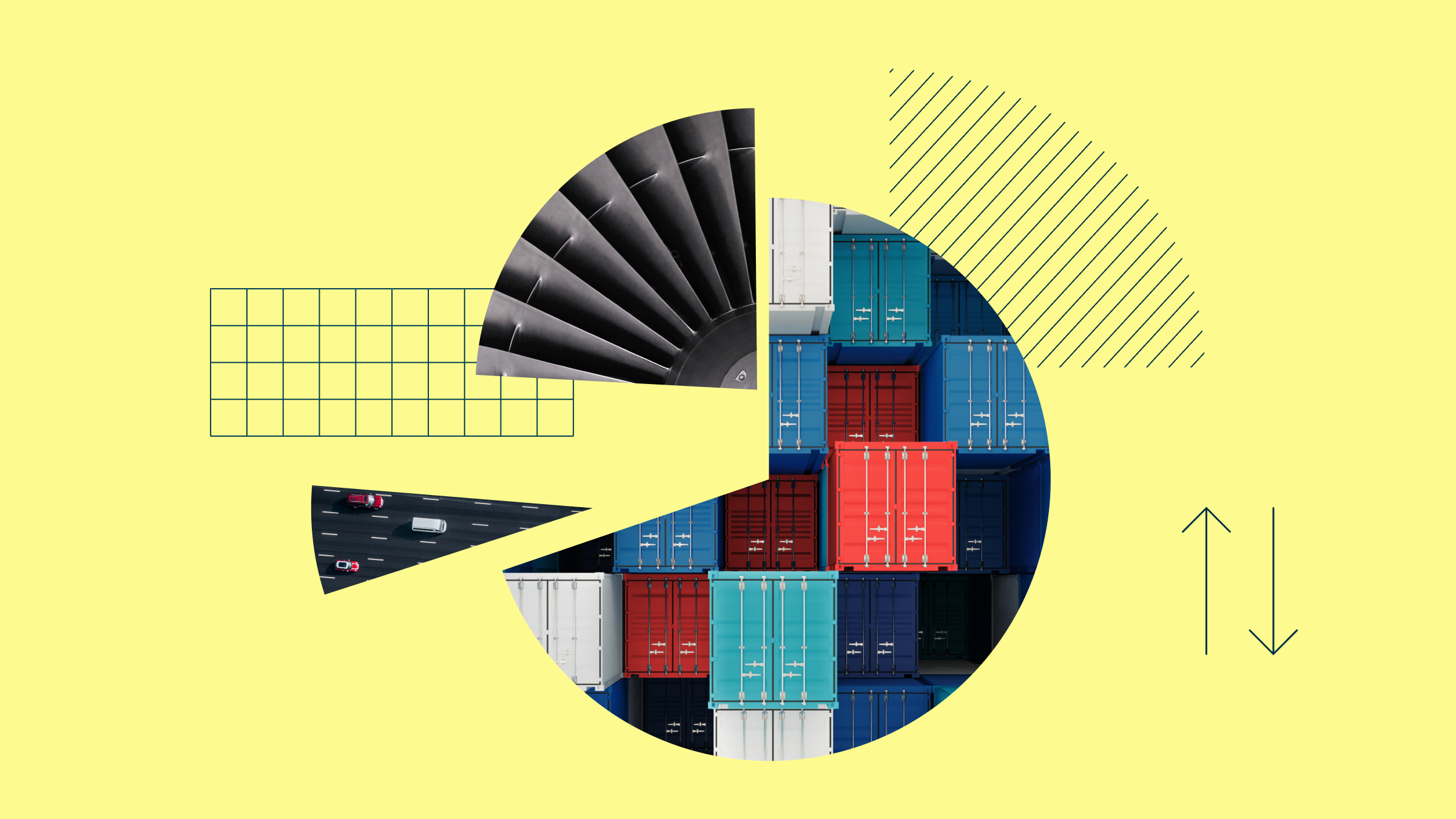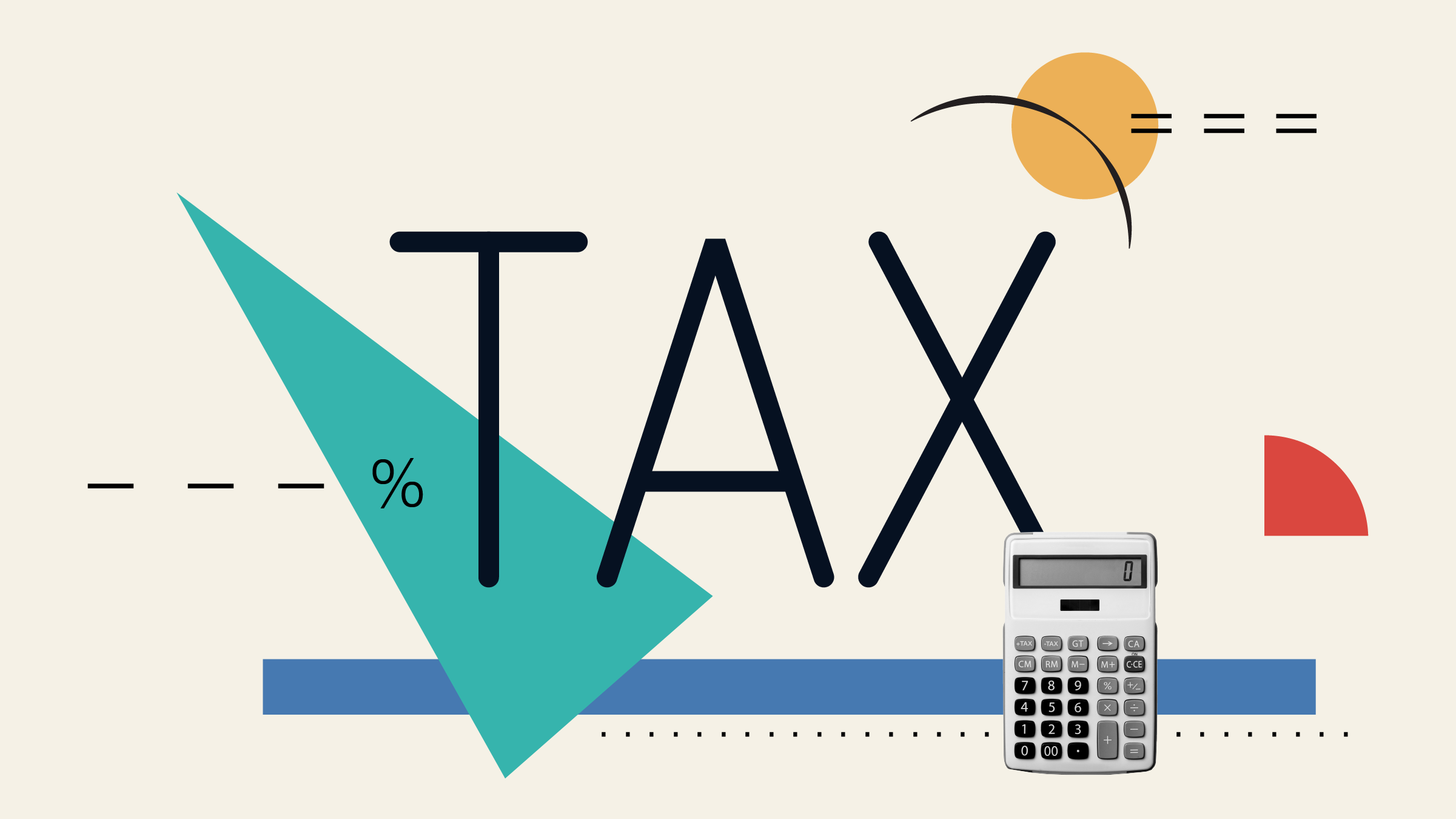The beginning of 2016 was marred by the Chinese stock market crashing following the Federal Reserve raising interest rates in the US. Fast forward to December and China seems to no longer be the centre of investor concerns – being more distracted by political uncertainties in the western world.
In fact, China has led the emerging market rally since February, going from unloved market to success story. So which version should investors expect in 2017? The problem child of the January or the profits of the subsequent 11 months? We look at two sides of the argument for the second largest economy in the world.
Pros: Chinese Dividends Set to Rise
China will be an attractive income investing destination going forward, driven by increasing demand for yield within the region and a more stabilised economy, according to Mike Kerley, fund manager of the Henderson Far East Income trust (HFEL).
Kerley said in the last five years, as interest rates in the western market moved lower, investors in the have moved into different asset classes in the search for yield. This shareholder pressure has meant companies have responded with higher dividends.
Now, similar dynamics are emerging in China according to Kerley, who believes there will be an interest rate cut in the country. This will drive investors to look at different yielding opportunities, and rising demand for income will drive dividend yields up.
“Another good thing about China is that it is very difficult for local investors to invest outside of the local market, which constrains their investment destination, boosting demand further,” said Kerley.
The massive amount of money sitting in saving accounts in China also fuelled Kerley’s confidence in the investment outlook. The amount saved in cash was $21 trillion as of May 2016, while the US has $11 trillion of savings in the country as of June 2016, data provided by Henderson showed.
“The saving pool in China accounts for 204% of its GDP, which is a massive amount of money. Chinese people have different savings habits compared to those in the US. In real terms, if that amount of money is mobilised in the same way as was in the US, it will be an interesting story for the market,” said Kerley.
Despite lower growth among Chinese companies at the moment than in the past, these companies have strong cash flows with low debt level that will continue to drive up dividends, Kerley added.
The dividend pay-out ratio for the MSCI Asia ex-Japan ex-finance index is less than 35% which is considerably lower than the US ratio, according to data provided by CLSA Asia-Pacific Markets.
China Will Not Feel Brute Force of Trump
US President-elect Donald Trump said he will invoke a trade war against China, which has understandably raised investor concerns.
However, Kerley said it would be “extremely foolish” for Donald Trump to impose sanctions on China, as the US has made a huge amount of corporate investment in the country.
“Over the last five years, the Chinese consumer market has grown on such a scale that many American companies produce and sell most of their products in China – unlike 10 years ago when they exported products made in China back to the US,” said Kerley.
“If a private trade sanction was put on China 10 years ago, it would hurt China more than it would hurt on US corporates. But now, the reverse is true.
Cons: Economic Slowdown Will Hurt
The emerging market rally this year is mainly down to positive Chinese economic date, according to Maarten-Jan Bakkum, senior emerging markets strategist at NN Investment Partner. But this may not continue he warned.
“Our long term concern is that China can go completely wrong. We know that China is vulnerable – it is very difficult for China to sustain the level growth that we have seen in recent decades. We will see a multi-year slowdown of Chinese growth over the long term,” he said.
China has continued to rely on government stimulus, and creating more debt to meet its economic growth targets. Since the global financial crisis in 2008, total debt of China has quadrupled to 250% of GDP, according to NN Investment Partners. Credit to the corporate sector is the main driver of China’s rising debt and this level is well above the level of its emerging market peers and exceeding even developed economies.
Government Intervention is Concern
Daniel Rohr, senior equity analyst for Morningstar said the Chinese government's scramble to prop up its stock market in August 2015 ended up doing more harm than good.
“The government’s panicked and initially ineffectual response leads us to question the future of real reform in China's credit and currency markets, which are far larger and more important to the real economy than the stock market,” he said. “Failure to implement key reforms heightens the risk of a debt crisis and diminishes the economy's long-term growth trajectory.”
Matthews Asia’s Rothman agrees, saying that the Chinese government needs to reduce significantly its level of intervention in the market, which in turn should reduce the frequency of policy-induced volatility.
“The biggest risk for investors in China is continued government intervention in the market – one day to cool it down, and the next day to heat it up – efforts which distort demand and prices, and which are prone to overshoot,” said Rothman.
Devan Kaloo, head of global emerging markets for Aberdeen agreed, saying recently to Morningstar that he feels uncomfortable investing in China because the government intervenes too much.






























